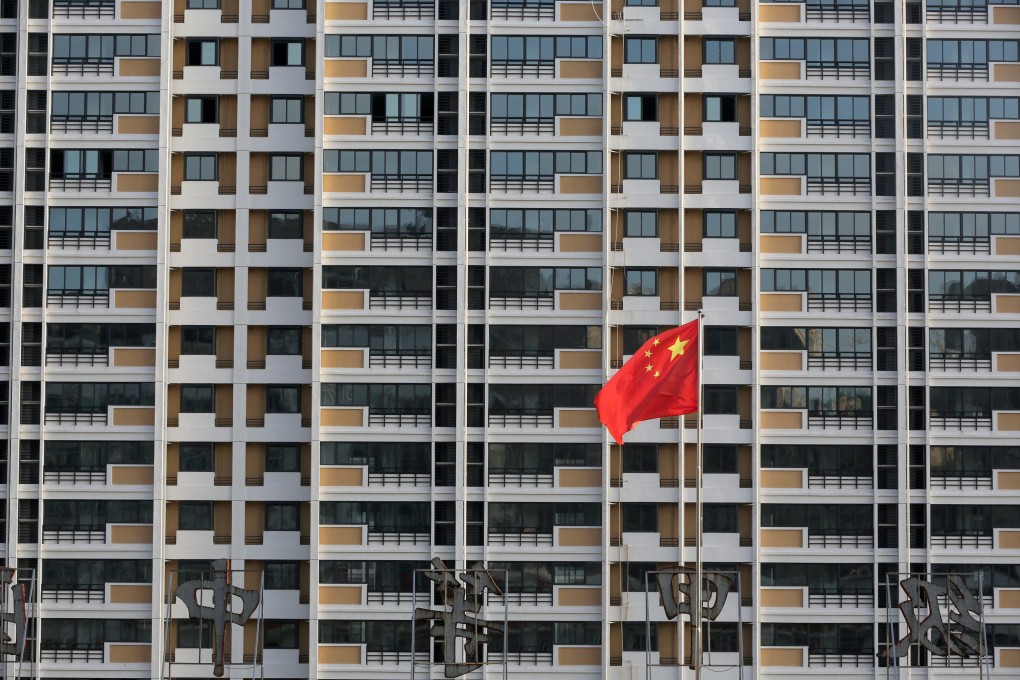Advertisement
Shanghai exchange organises call between five developers, investors after Greenland Holdings’ proposal to delay debt payment sours sentiment
- Longfor Group Holdings, Country Garden, Midea Real Estate Holding, CIFI Holdings and Seazen Group present financial and business conditions during call
- People are very disappointed by payment delay at government-backed Greenland, which has led to a slump in market confidence, analyst says
Reading Time:3 minutes
Why you can trust SCMP

The Shanghai Stock Exchange tried to facilitate the financing of quality Chinese developers by spearheading a call between five developers and investors on Friday, after state-backed Greenland Holdings’ proposal for a delay in debt payments unnerved investors.
The developers, which included Longfor Group Holdings, Country Garden, Midea Real Estate Holding, CIFI Holdings and Seazen Group, presented their financial and business conditions during the call, a move aimed at enhancing investor confidence.
The exchange was trying to facilitate information disclosure and financing of quality home builders, said Duan Dongxing, deputy director of the bourse’s bond operation department.
Advertisement
“The exchange constantly pays attention to facilitating the reasonable financing needs of property companies. We also encourage and support private developers to actively disclose information … which is also the foundation for constant financing of the issuers,” he said during the meeting.
The meeting offered a chance for some of the top players in China’s 18.2 trillion yuan (US$2.7 trillion) property market to voice their difficulties. Property developers continue to suffer because of Beijing’s campaign to deleverage the sector, as well as a slump in sales amid an economic slowdown and recent Covid-19 lockdowns that have spread from large Chinese cities such as Shanghai and Shenzhen to smaller towns.
Advertisement
Advertisement
Select Voice
Choose your listening speed
Get through articles 2x faster
1.25x
250 WPM
Slow
Average
Fast
1.25x